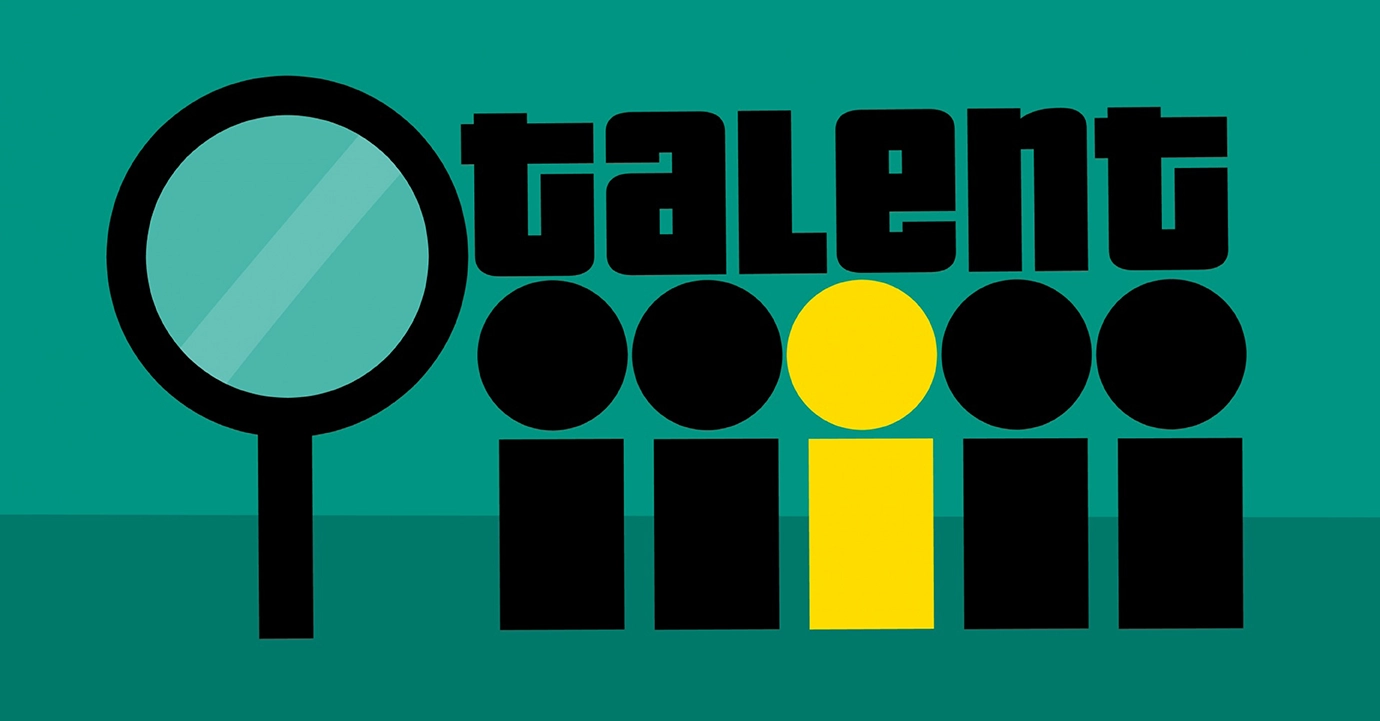China’s “K” Visas & NEW AI Plan†

(Publicdomainpictures.net)
Slightly more than a month after amending legal rules to create “K” visas for “foreign young scientific and technological talents”, China’s State Council released a new artificial intelligence (“AI”) plan. The timing is not coincidental. It reflects gradual steps taken by China to mobilize foreign young talents to, among other goals, help advance the development of AI in the country and the Global South, which is of strategic importance to China.
“K” Visas for Young Talents
In mid-July, the State Council adopted an amendment to the Regulation on the Entry and Exit Administration of Foreigners aimed at issuing a new type of visa, i.e., “K” visas, to “foreign young scientific and technological talents” beginning from October 1.
The amendment only provides that applicants for K visas should “meet the conditions and requirements for foreign young scientific and technological talents stated by relevant departments-in-charge of the Chinese government” and should “submit corresponding supporting materials”.
“[…] more detailed rules will be issued by various ‘departments-in-charge’ to define the term ‘foreign young scientific and technological talents’ […].”
Such a brief amendment suggests that more detailed rules will be issued by various “departments-in-charge” to define the term “foreign young scientific and technological talents” in ways that meet the specific needs of these different departments. This flexibility is exactly what China needs at a time when both scientific and technological development and geopolitics are evolving so rapidly that adaptations are essential to China’s success in attracting the right types of foreign talents.
While detailed rules are expected to be issued in the coming months to reveal China’s current “wish lists” for foreign young talents, recent official documents have already shown some clues. For example, on August 21, the General Office of the Ministry of Natural Resources announced a list of 46 “young scientific and technological talents”, commending these young people for their outstanding achievements in various fields related to the exploration of minerals, including “theoretical innovation, technical methods, and equipment research and development”. The announcement further urged related units overseeing human resources to fully implement the “Specific Measures for Further Strengthening the Cultivation and Utilization of Young Scientific and Technological Talents” issued in 2024 by the Chinese Communist Party’s leadership group inside the ministry. Among various measures identified is one aimed at giving more leadership opportunities to young talents:
When research and development units apply for “national science and technology plan” projects, the proportion of young scientific and technological talents under the age of 40 serving as project (topic) leaders and “backbones” should be, in principle, not less than 50%.
[emphasis added]
NEW AI Plan
“The commendations granted to talented young individuals in fields related to mineral exploration show the significance of this type of talent […].”
The commendations granted to talented young individuals in fields related to mineral exploration show the significance of this type of talent as perceived by Chinese leaders. Since China’s success in having a steady supply of minerals critical to the development of AI technologies will determine where the country stands in the current AI era, it is understandable that contributions made by talents capable of helping explore such minerals were quickly recognized. Other types of talents related to AI developments are likely also on China’s “wish lists” to help the country implement a new AI plan recently issued by the State Council.
Focusing on deepening the implementation of China’s “‘Artificial Intelligence +’ Actions”, the new AI plan has a goal, among others, to “promote the extensive and in-depth integration of artificial intelligence with all industries and fields of the economy and society”. Specifically, for example, China plans to see AI “fully empower” the country’s “high-quality development”, with “the penetration rate of new-generation smart terminals and smart bodies exceeding 90%” by 2030.
To accomplish these goals, China has identified multiple key tasks. One task is to “accelerate the process of scientific discovery” by speeding up the exploration of “new AI-driven scientific research paradigms”. Another task is to promote the application of “intelligent research and development tools and platforms” to strengthen “collaborative innovations” that have been emerging from the application of AI in other areas such as biomanufacturing, quantum technology, and sixth-generation mobile communications (6G).
The new AI plan, however, does not merely focus on China. It also emphasizes the need to have “‘Artificial Intelligence +’ Global Cooperation” by, for example, “deepening high-level openness” in the field of AI, helping countries in the Global South strengthen their AI capacity building, and supporting the United Nations in serving as “the main channel” in the global governance of AI.
To support all these tasks, further development of AI talent is essential. Thus, the new AI plan specifies various efforts, including the promotion of “interdisciplinary training”, the provision of more opportunities to young talents, and the use of “medium- and long-term incentives such as equity and options” by companies to “attract, retain, and utilize talents”.
Amidst all these efforts related to “the building of talent teams” is “international cooperation”. It is, therefore, expected that K visas will be issued fairly soon to “foreign young scientific and technological talents” in fields related to AI. These young talents will include those from the Global South. This step will not only address the need to achieve “‘Artificial Intelligence +’ Global Cooperation” identified in the new AI plan but also help solidify China’s relations with the Global South, an indispensable source of support for China in an increasingly divisive world.
- The citation of this article is: Dr. Mei Gechlik, China’s “K” Visas & NEW AI Plan, SINOTALKS.COM®, In Brief No. 59, Sept. 3, 2025, https://sinotalks.com/inbrief/k-visa-talent-artificial-intelligence.
The original, English version of this article was edited by Nathan Harpainter. The information and views set out in this article are the responsibility of the author and do not necessarily reflect the work or views of SINOTALKS®. ↩︎





